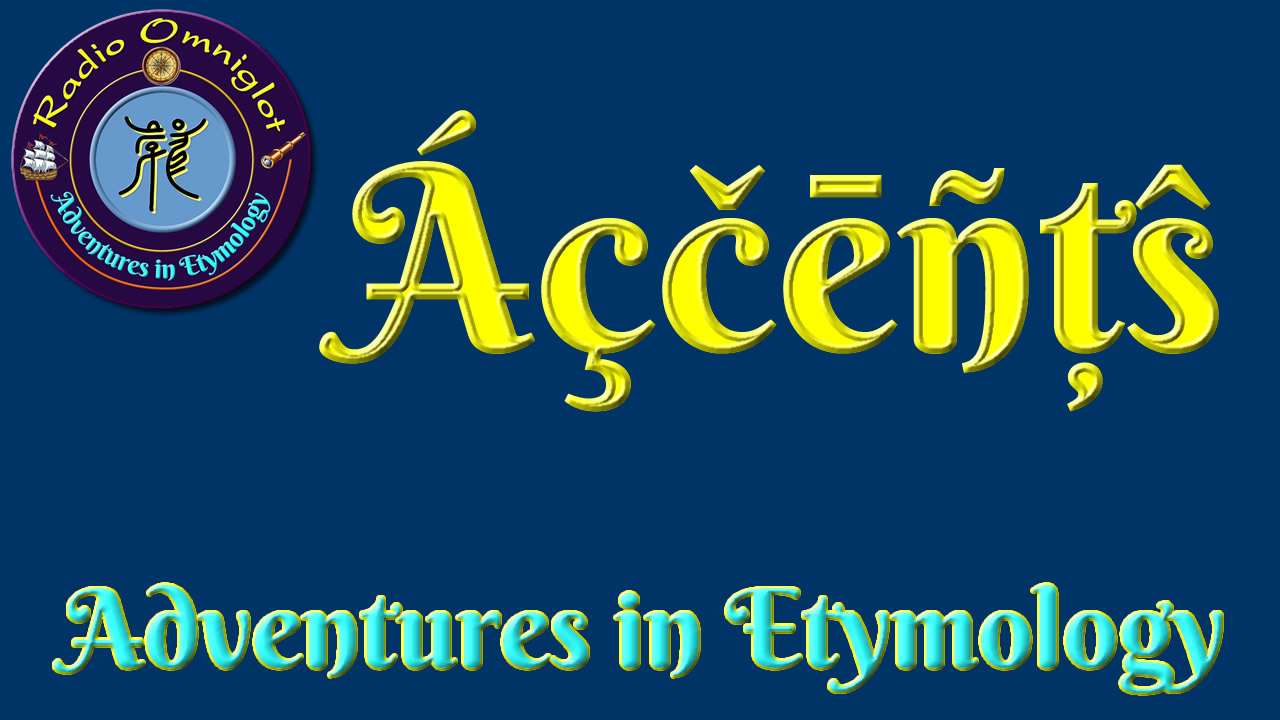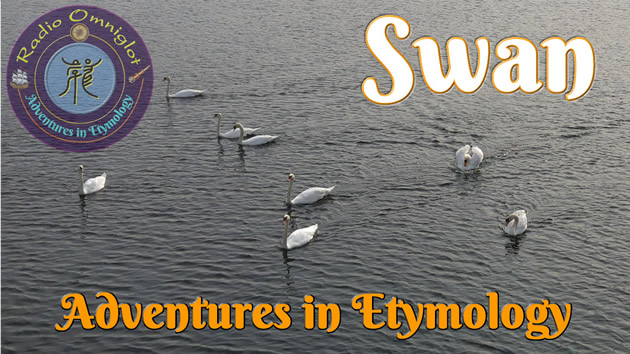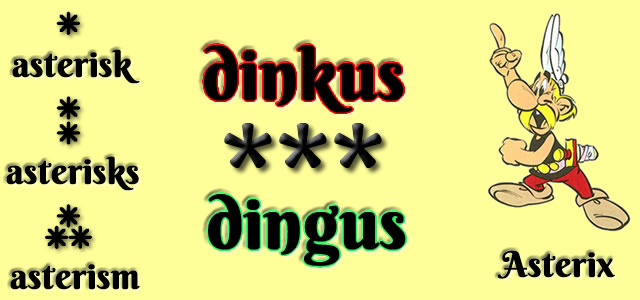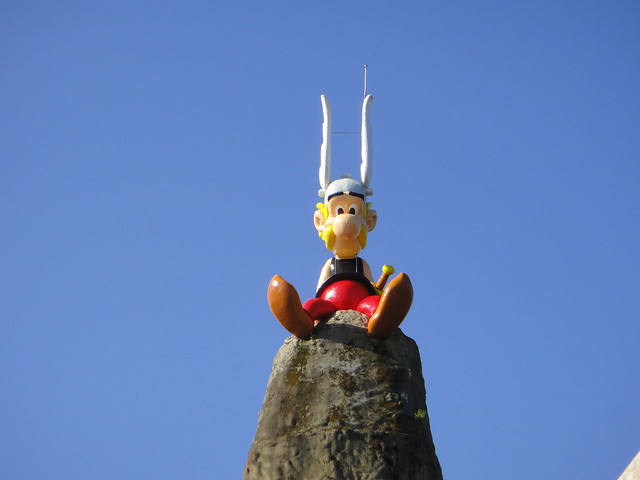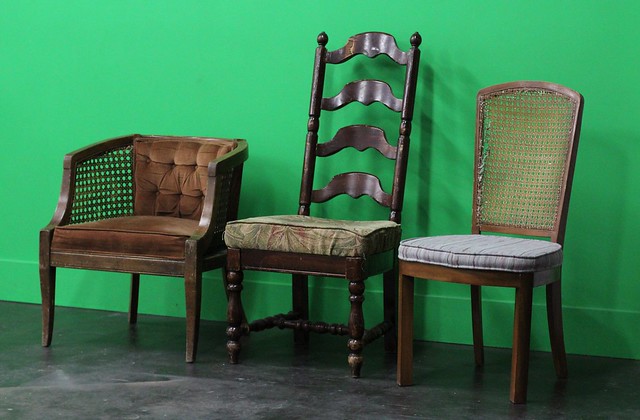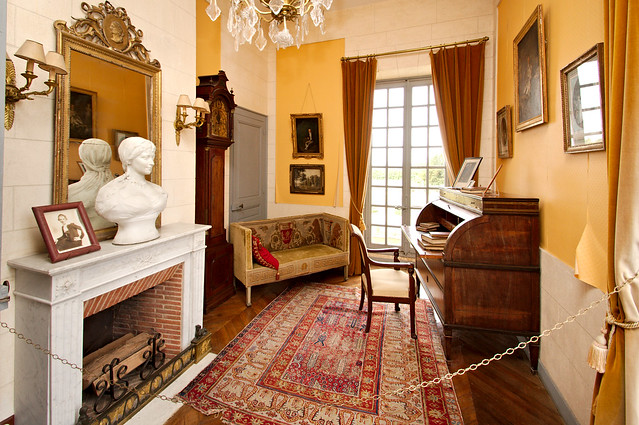Podcast: Play in new window | Download
In this Adventure in Etymology we jot down a jot or two about jots (and tittles).
A jot [ʤɒt / ʤɑt] is:
- The smallest letter or stroke of any writing; an iota.
- A small, or the smallest, amount of a thing; a bit, a whit. E.g. He didn’t care a jot for his work.
- A brief and hurriedly written note.
- An instant, a moment. (obsolete)
And to jot (down) means:
- to write (something) quickly; to make a brief note of (something). E.g. I will jot it down in my jotter.
It comes from Middle English jote (jot, tittle, whit), from Latin iōta (iota – a Greek letter), from Ancient Greek ἰῶτα (iôta – the 9th letter of the Ancient Greek alphabet (Ιι), a very small part of writing, a jot), from Phoenician 𐤉 (yodh / y – the 10th letter of the Phoenician abjad), ultimately from the Ancient Egytian hieroglyph 𓂝 (arm) [source].
Related words include jotter (a memordandum book, exercise book, someone who jots), jotting (a brief note or sketch), and jotty (written as, or like, a brief informal sketch) [source].
The expression (every) jot and tittle means a small detail, or the smallest details [source].
A tittle is any small dot, stroke, or diacritical mark, especially if part of a letter, or if a letter-like abbreviation; in particular, the dots over the Latin letters i and j. A small, insignificant amount (of something); a modicum or speck. [source].
Related words include tittle-tattle(r) (an idle gossip, a trifling talker, to engage in/spread gossip), tittle-tattling (idle gossip) title, and tilde (e.g. ~, as used on ã, ñ, õ, etc.).
You can also listen to this podcast on: Apple Podcasts, Amazon Music, TuneIn, Podchaser, Podbay or Podtail and other pod places.
The theme tune for this podcast is The Unexpected Badger / Y Mochyn Daear Annisgwyl, a piece I wrote and recorded in 2017.
If you would like to support this podcast, you can make a donation via PayPal or Patreon, or contribute to Omniglot in other ways.
Radio Omniglot podcasts are brought to you in association with Blubrry Podcast Hosting, a great place to host your podcasts. Get your first month free with the promo code omniglot.
I also write about words, etymology and other language-related topics on the Omniglot Blog, and I explore etymological connections between Celtic languages on the Celtiadur blog.



